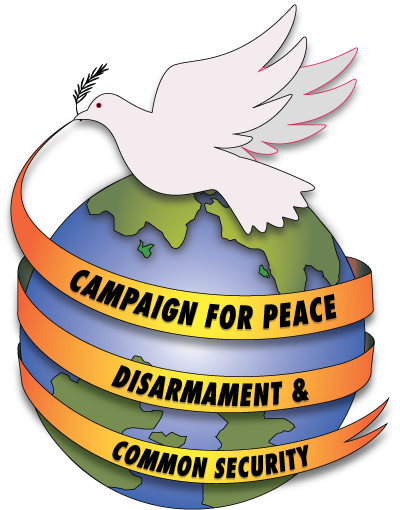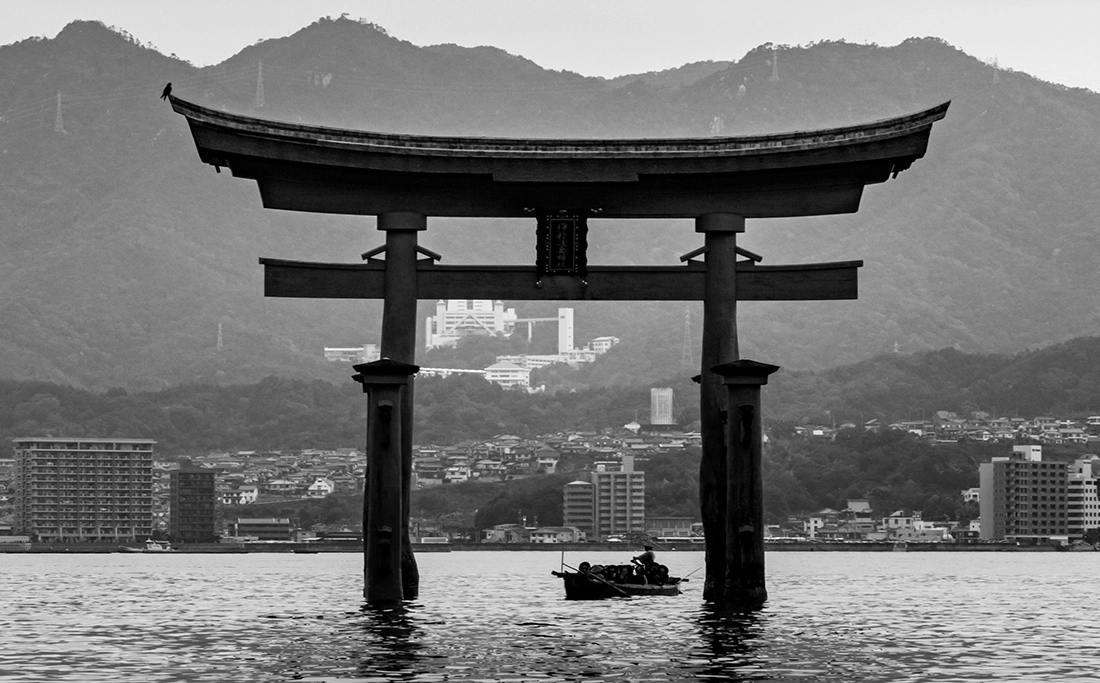Jerald Ross
Today is Hiroshima Day. Seventy-four years ago, August 6th, the US ushered in the reality of
atomic warfare with the annihilation of that city and 100,000 of its inhabitants. Given the grisly
fact ours was the country that dropped the bomb, and the possibility nuclear apocalypse is
more likely today than at any time since,[i] how do we explain the seeming lack of concern on
the part of so many Americans?
Denial is a powerful phenomenon. I spent much of my career in the alcohol and drug recovery
field. The first step in any recovery program is overcoming denial. That is why every AA
meeting begins with the statement, “My name is So-and-So, and I am an alcoholic.” Denial is
what permits addicts to engage in self-destructive behavior, to frighten and infuriate the ones
they love, to ignore overwhelming danger that others can clearly see.
It’s very hard to get Americans’ attention about the extreme and obvious dangers posed by our
own nuclear arsenal. Maybe we are in denial?
For instance, many people believe nuclear weapons have largely “gone away” since the end of
the cold war. In fact, while we have reduced stockpiles, we retain over 5000 weapons (Russia
about the same), most of which are vastly more capable than they were in the past.[ii] Many
remain “on alert and targeted” as they were a generation ago.
Many Americans seem to believe nuclear weapons keep them safe, yet recent studies have
shown even a limited nuclear exchange on the other side of the world could lead to global
famine and the deaths of billions.[iii] Nuclear weapons kill indiscriminately without regard to
borders, have profound environmental consequences, continue killing over generations, in fact
risk Armageddon. How does that make the world safe?
There seems to be an enduring belief in nuclear deterrence, yet there is little evidence these
weapons have deterred anything.[iv] Actually, there have been a number of instances where
our nuclear arsenal seems not to have been a factor at all — I am thinking of Viet Nam, Beirut,
Iraq and Afghanistan. Nor has it deterred nations we would like not to have nuclear weapons
from obtaining them: I’m thinking China in 1964, both India and Pakistan in 1998, and now
North Korea.
Americans would like to believe their nuclear arsenal is safely managed and under strict
control. The reality is that there have been an enormous number of documented accidents and
incidents where nuclear weapons have been mishandled and even lost.[v] ( Lost nuclear
weapons!? ) And the more nuclear weapons there are, the greater the risk of one falling into the
hands of terrorists. Imagine 911 with a nuclear bomb.
Some who recognize the dangers of nuclear weapons may yet believe they are a prudent and
cost-effective investment in defense. In fact, nuclear weapons development and deployment
have required the third largest expenditure of our total tax dollars since 1940, behind only non-
nuclear military expenses and social security.[vi] We have sacrificed money for our children’s
education, short-changed the quality of our health care, and forsaken necessary investments in
our nation’s infrastructure for weapons that, if ever used, endanger the very people who
bought and paid for them.
Then there are those who believe it’s not worth worrying about because “it’ll never really
happen.” Actually, reasonable studies have shown the probability of a child born today dying in
a nuclear war is frighteningly far from zero.[vii] That’s your grandchild we’re talking about.
I think most people actually know these things, but if so, how do we explain their apparent
disinterest? Wouldn’t any rational person be terrified by this state of affairs, or outraged by
leaders who propose expanding this insanity?
So, Americans may or may not actually be addicted to our nuclear weapons, but we are
certainly in denial.

